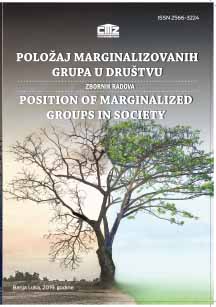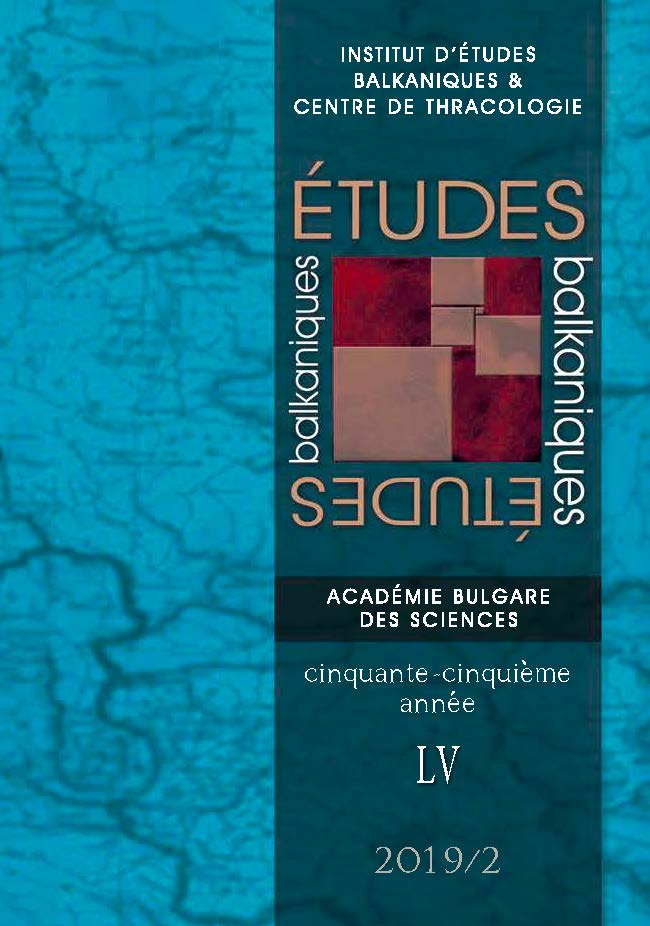Author(s): Rusmir Kozarić / Language(s): Bosnian
Issue: 4/2019
The extent of sexual violence against children is still inconceivable and insufficiently explored.Criminological and legal orientation theorists are not determined to pay more attention to this security challenge as the “ invisible“ problem of society. Sexual violence against children with physical disabilities and mental disorders is a complex and perfidious form of sexual assault in which the dominant role is taken by the individual disadvantages that perpetrators use to satisfy their own sexual annoyance. From this population, perpetrators of sexual violence often recruit their victims by exploiting the psycho-physical disadvantages of children who are recognizable through various functional limitations: hearing impairment, vision, mental retardation, autism, etc. Therefore, this form of sexual harassment is particularly dangerous and interesting. Sexual inversions of perpetrators directed at children with disabilities and physical difficulties presuppose complex and subtle sexual manipulations as well as the very act of sexual contact. The key problem of marginalization of children who are victims of sexual violence is reflected primarily in psychological (emotional) and physical hurt, violation of dignity and sexual freedoms as fundamental human rights. As a counterweight there is a need for the protective function of the society, above all of the legal system, which should provide the concept of adequate protection of the diversity of categories from all forms of endangering, and especially through formal procedures in which children appear as victims, witnesses, participants, observers or otherwise involved in a sexual incident initiated by an adult. Preserving the identity of children with disabilities and physical disabilities is a crucial task of all entities and institutions in charge of promoting the protection of children's rights with the aim of preventing social labeling and further victimization. A strong sense of sensibility and responsibility of the society should be generalized. Also, the stimulation of the marginalization of children with physical disabilities and mental disabilities is further promoted by their gullibility and laconicity, lack of decision-making ability and reasoning. Criminal proceedings on sexual offenses against children are often painful and sensitive to the victim (child) and animate additional victimization that carries with it and various repercussions. Explicit compliance with procedures and protocols that are a structural part of the criminal investigation and the previous procedure, that is, the early stage of collecting the necessary information from the victim of sexual violence (child) and other anticipated actions can cause a progressive reaction, impulse and worsening behavior, which contributes to the appearance of malicious consequences and an additional level of trauma with a child who is a victim of sexual violence. A specific system of access to a child who is the victim of sexual violence starts from the first-degree measures, that is, from the moment of the knowledge that sexual violence has been committed. The most important issue that needs to be solved at this stage is an adequate methodology that will temporarily prevent the feeling of child's marginalization, the impression of neglect, or the violation of the child's dignity, which should be insisted on in all subsequent stages of the criminal procedure. The aim of this paper, while respecting theoretical and methodological approaches, is to present the intensity of marginalization of sexually abused children with disabilities and physical difficulties through the criminal procedure for the criminal offenses of sexual violence against children, as well as proposals for solutions that will aim at minimizing the unnecessary harmful effects that children- victims of sexual violence are exposed in criminal proceedings.
More...










